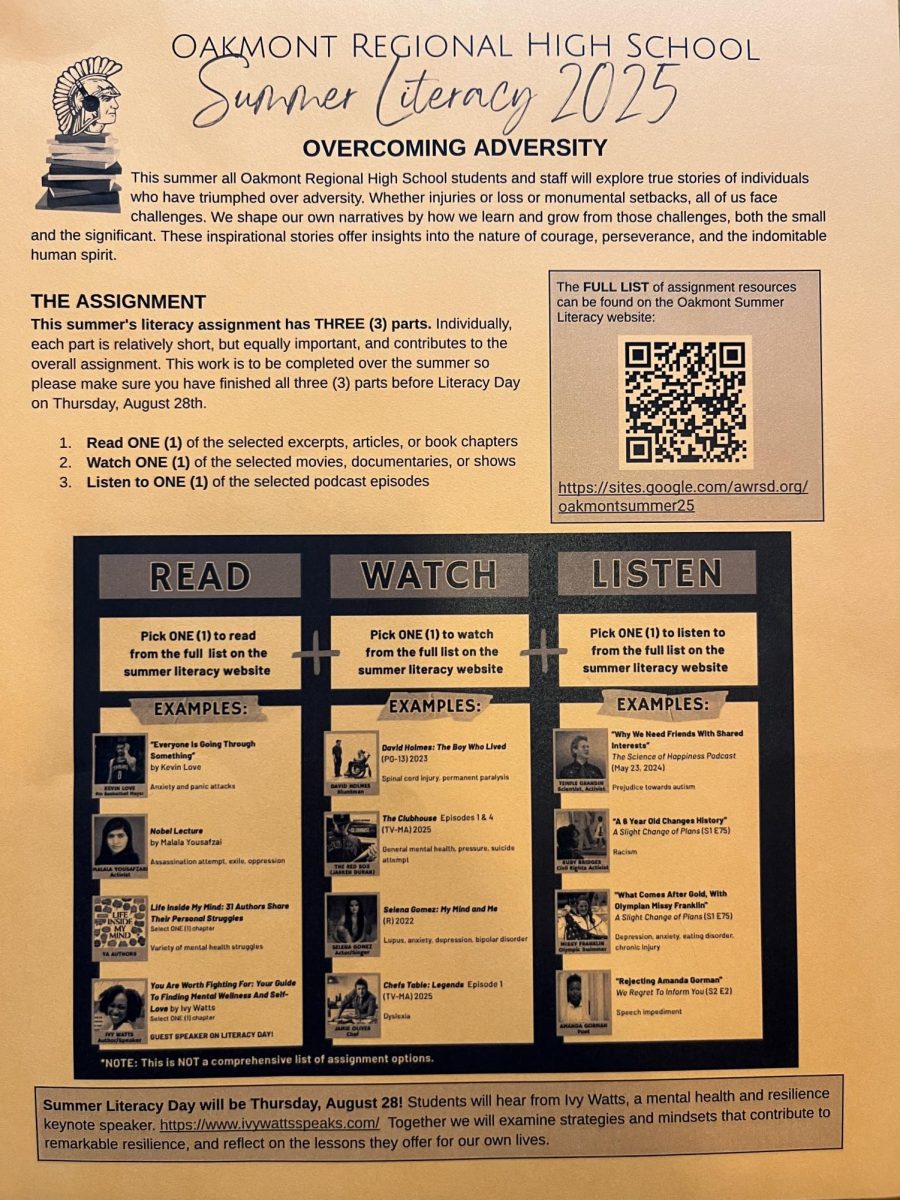Have you ever woken up from a dream and thought, what just happened? Dreams can range from person to person, losing someone close to you, or winning the lottery. But what are the meanings behind dreams? Why does your subconscious create these scenarios?
Neurologists define dreams as “stories and images that our minds create while we sleep.” Dreaming may have some benefits, such as helping the brain process information gathered during the day, but we often have dreams about unimportant scenarios that have no long-term effect on the brain.
Sometimes, a person can dream while not in REM; however, these dreams are much less vivid or memorable. The length of a dream can vary, from a few seconds or 20 to 30 minutes. People are more likely to remember the dream if startled awake during the REM stage.
Dream expert Audrey Hope says that sleeping has different stages that occur in a repeating cycle. The various cycles can be categorized into two main types: non-REM (NREM) sleep and REM(rapid eye movement) sleep. Then, those cycles can be further divided into four different stages.
Stage 1:
The beginning of the full sleep cycle starts with NREM Stage 1. This is the lightest sleep stage where you can find yourself often drifting in and out of consciousness. During this period, which only lasts around a couple of minutes, you could be easily awakened without feeling drowsy afterward. While motor activity begins to diminish, you will likely experience muscle spasms called hypnic jerks during this stage.
Stage 2:
The next stage is called NREM Stage 2. This is when the body slows your heartbeat, brainwaves, breathing, and eye movements. Your internal body temperature will also drop, but only 1 – 2 degrees. Throughout the night, you will spend half of your sleep time in stage 2 on average. Even though your brain waves slow down significantly, this stage is often marked by two different types of brain activity.
Sleep spindles are erratic bursts of brain activity only lasting 0.5 – 3 seconds and they occur almost every 3 – 6 seconds. Sleep spindles are necessary for the brain to process memories and periods of learning. This is also when the brain blocks out any extra stimuli that could wake you up, ensuring a good night’s rest.
Then there are K-complexes. These consist of individual sharp peaks in electrical activity accompanied immediately by a negative drop. Similar to sleep spindles, K-complexes also play the role of blocking out extra noises or bright lights that may startle you awake.
Stage 3:
This is the stage when your heartbeat and breathing are the slowest as you are entering the deepest part of sleep. Sometimes this stage is also referred to as the restorative stage as many hormones are dispersed. Somatotropin, which is the hormone that helps you grow, is released throughout the body. Children often have a longer time sleeping during NREM Stage 3 because they need more time to grow. But, as you get older, the time spent in stage 3 decreases. During this stage, tissue, muscle, and bone repair help regulate glucose metabolism, immune system functioning, hormone release, and memory.
Stage 4:
Finally, you reach REM sleep. This is the period where you begin to dream. The average person experiences the REM cycle at least 4 – 6 times and each time you enter a new cycle of REM, the time increases. In one night, your first REM cycle will last around 10 minutes, each one that follows is longer than the last. During this stage, your brain consolidates information and puts it into the form of dreams. That is why the majority of people often dream about being at work, taking a test, or a significant turning point in their past. But, not everyone remembers their dreams. Why?
Who remembers their dreams?
Studies done by Medical News Today on brain activity suggest that the average person over 10 years old dreams 4 – 6 times per night. Around 5 minutes after the dream ends, you will forget 50 percent of its contents, increasing to 90 percent 5 minutes later. Neurologists also found that women dream more often, but forget a larger percent of their dreams. Sophomore Grace Alatalo claimed, “When I wake up, there are only fragments of the dream I had that night still in my mind”. Other students comment how they rarely remember their dreams, but can recall the presence of something happening while they slept.
Where do dream topics come from?
Researchers at The National Library of Medicine have analyzed two different types of memory while dreaming. Autobiographical memories, and episodic memories. Autobiographical dreams are, “Activated memories within the sleeping brain reflect one’s personal life history (autobiography). They can appear in largely fragmentary forms and differ from conventional manifestations of episodic memory”. Around 80% of people dream in autobiographical memories while only 20% dream in episodic memory.
Episodic memories are mainly memories about specific events and “refer to knowledge about the past that incorporates information about where and when particular events occurred.”
Some of the most common dreams are:
- Losing teeth
- Taking a test/working
- Arriving too late
- Flying/falling
- Being stuck/trapped
- Snakes
- Being naked in public
- Drowning
- Dying
- Crashing a car
What do these dreams signify?
Dreaming often about losing your teeth can mean excessive amounts of stress. Your teeth represent your security and foundation. “Dreaming of losing them [may be] calling out to us to look at our worries and insecurities and inner stress and pain. When you lose your teeth in a dream, [it could signal that] you are afraid of something and that you are not dealing with [the stressor],” explains dream expert and certified counselor Audrey Hope.
Dreaming of work or school can reveal your true feelings about your work environment, peers, or the nature of your work. For instance, if you frequently dream about feeling overwhelmed or lost in class, it might indicate that you’re experiencing stress or uncertainty that you haven’t fully acknowledged.
If you experience flying in your dream, this can indicate that you’re going through an important change in your life. Releasing limitations and things that may be holding you back. Flying incredibly symbolizes freedom, liberation, and new beginnings.
Sophomore and dancer Miranda Parkinson said that her most recent dream consisted of waking up late and missing the bus. Dreaming about being late can indicate that the dreamer is suffering under a weight of expectation that they feel they’re unable to live up to. The lateness represents an inability to reach the level expected of you.
Alatalo said “In my most recent dream, I think I was on a trip with my family. But then, for some reason, when I walked into the hotel room we were staying in, the door slammed shut behind me, and I couldn’t get out.” Dreaming of being trapped suggests that you are feeling confined or restricted in a relationship or workplace.
Competitive runner Jocelyn Cleaves spoke about her dream of falling off a cliff. Dreaming about falling tends to signify a loss of control over an important situation.
Dreams can produce millions of stories and memories, and their meanings can be very significant.






















